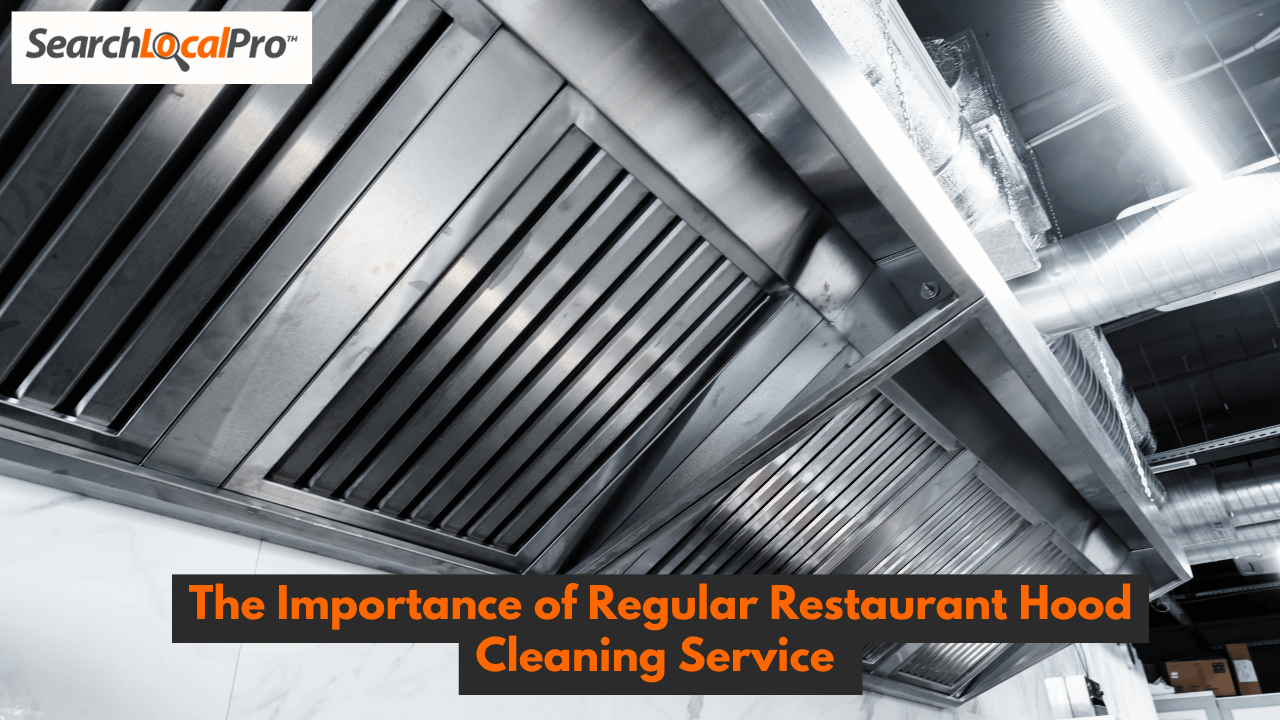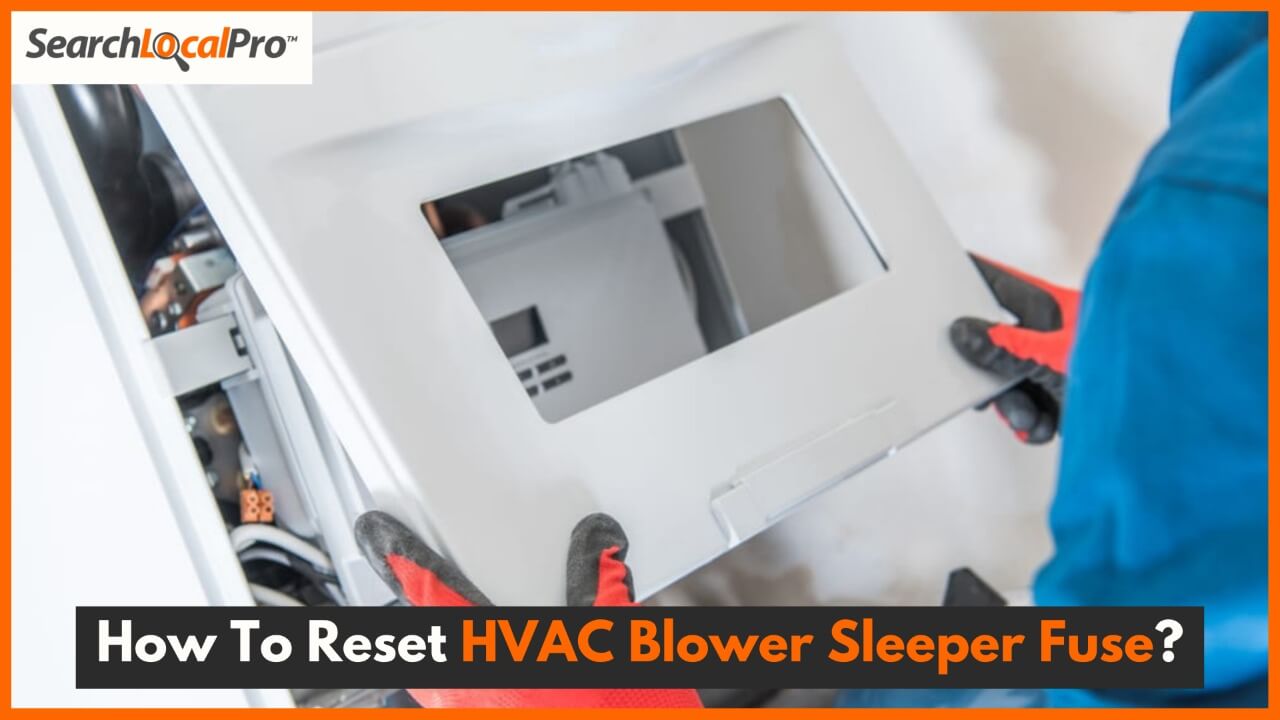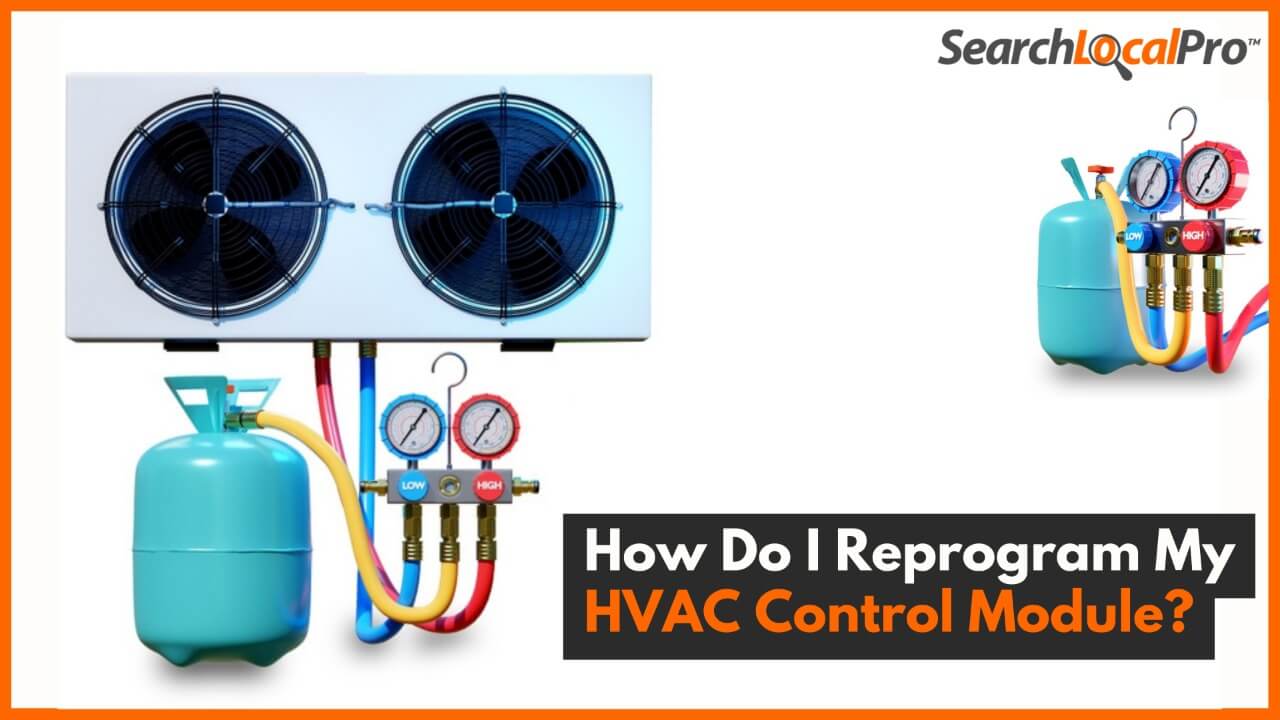In the fast-paced world of commercial kitchens, safety and cleanliness cannot be overlooked. A restaurant hood cleaning service plays a critical role in keeping your kitchen safe, clean, and compliant with fire safety regulations. Without regular cleaning, grease buildup in the hood and exhaust system can pose serious fire hazards, impact air quality, and lead to health violations.
In this article, we’ll share the components of a kitchen hood system, the risks of neglecting regular cleanings, and the benefits of hiring professional restaurant hood cleaning services.
What Makes Up a Restaurant’s Kitchen Hood System?
A typical restaurant kitchen hood system includes several key components:
- Exhaust Hood: Positioned above cooking equipment to capture smoke, heat, and grease-laden vapors.
- Grease Filters: These trap grease before it reaches the ductwork.
- Ductwork: Channels the contaminated air out of the kitchen.
- Exhaust Fan: Located on the roof, it extracts the air from the building.
Each component works in unison to keep your kitchen free of hazardous smoke, grease, and odors. Over time, grease accumulates and can restrict airflow, creating fire hazards. This is where regular restaurant hood cleaning becomes essential to maintain kitchen safety.
Why Regular Kitchen Hood Cleaning Is Vital
Regular kitchen hood cleaning is crucial for maintaining the safety of your commercial kitchen. Grease and debris can quickly accumulate in the hood, filters, ductwork, and exhaust fans, reducing efficiency and posing significant risks. The benefits of regular cleanings include:
- Fire Risk Reduction: Grease buildup is highly flammable, and a dirty hood system can ignite, causing devastating fires.
- Improved Air Quality: A clean exhaust system removes smoke and heat, keeping the kitchen comfortable for staff.
- Compliance with Health and Safety Codes: Many jurisdictions mandate regular cleanings to meet fire safety and health standards.
- Lower Maintenance Costs: Prevent costly repairs by keeping the system clean and operating efficiently.
How to Properly Conduct Restaurant Hood System Cleaning
Proper restaurant hood system cleaning involves several steps and should be done by professionals. Here’s how the process works:
- Preparation: Kitchen surfaces are protected from water and cleaning chemicals.
- Grease Filter Removal: Filters are removed and soaked in cleaning solutions to dissolve grease.
- Hood Scrubbing: The exhaust hood is scrubbed with degreasers to remove built-up grease.
- Duct Cleaning: Ducts and exhaust fans are cleaned with high-pressure water or specialized tools to eliminate grease buildup.
- Final Rinse and Reassembly: Clean components are rinsed and reinstalled, ensuring the hood system is fully operational.
Hiring certified professionals for your restaurant hood cleaning service guarantees a thorough job and compliance with fire safety codes.
The Risks of Neglecting Restaurant Hood Cleaning
Failing to schedule regular hood cleaning services can result in several serious risks:
- Fire Hazards: Grease buildup inside ducts and hoods acts as fuel for fires, turning small flames into catastrophic events.
- Health Code Violations: Dirty kitchen hoods can attract pests and lead to unsanitary conditions, resulting in health violations and fines.
- Increased Operating Costs: A clogged exhaust system works harder, increasing energy bills and leading to frequent repairs.
Understanding Different Types of Commercial Kitchen Hood Systems
Not all kitchen hood systems are the same. Depending on the type of cooking equipment used in your kitchen, you may have:
- Type I Hood: Designed for appliances that produce grease-laden vapors, such as fryers and grills. These require frequent cleaning due to heavy grease output.
- Type II Hood: Used for non-grease appliances like ovens and dishwashers. These need less frequent cleaning but still require regular maintenance to ensure proper airflow.
Understanding your hood system will help you schedule the appropriate frequency for restaurant hood cleaning.
Benefits of Hiring a Professional Restaurant Hood Cleaning Service
While some kitchen staff may attempt to clean the exterior of the hood, professional cleaning is essential for a thorough job. Here’s why hiring a professional restaurant hood cleaning service is beneficial:
- Compliance with Local Regulations: Professionals ensure that your kitchen meets all local fire safety and health codes, reducing the risk of fines.
- Increased Fire Safety: Professionals have the equipment and expertise to clean the entire system, reducing fire hazards.
- Better System Efficiency: Regular cleanings extend the lifespan of your exhaust system, reducing repair and replacement costs.
The Role of Fire Safety Codes in Regular Hood Cleaning
Fire safety regulations, such as those outlined in NFPA 96 (National Fire Protection Association), mandate regular cleanings of commercial kitchen hood systems. Non-compliance with these codes can lead to significant fines, kitchen closures, or even the loss of a business license.
Regular hood cleaning services are not just about cleanliness—they are about protecting your business and ensuring the safety of your staff and customers. Regular cleanings help avoid potential fire risks and ensure your kitchen meets local fire codes.
Tips for Maintaining Clean and Safe Kitchen Exhaust Hoods
In addition to scheduling professional restaurant hood cleaning services, there are a few steps you can take to maintain your exhaust system between cleanings:
- Daily Wipe-Downs: Wipe the exterior of the hood daily to remove visible grease and prevent buildup.
- Clean Filters Weekly: Remove grease filters weekly and clean them to ensure optimal airflow.
- Inspect the System Regularly: Check for grease dripping or reduced airflow, which could indicate a need for professional cleaning.
- Schedule Routine Cleanings: Stick to a cleaning schedule based on your kitchen’s cooking volume and hood type to remain compliant with safety codes.
Conclusion
Regular restaurant hood cleaning services are essential for maintaining a safe, compliant, and efficient kitchen. By understanding the components of your hood system, recognizing the risks of grease buildup, and investing in professional cleaning services, you can protect your business from fire hazards, reduce energy costs, and comply with fire safety regulations. Make sure your kitchen operates at its best by scheduling routine restaurant hood cleaning to avoid costly repairs and ensure a clean, safe environment.




